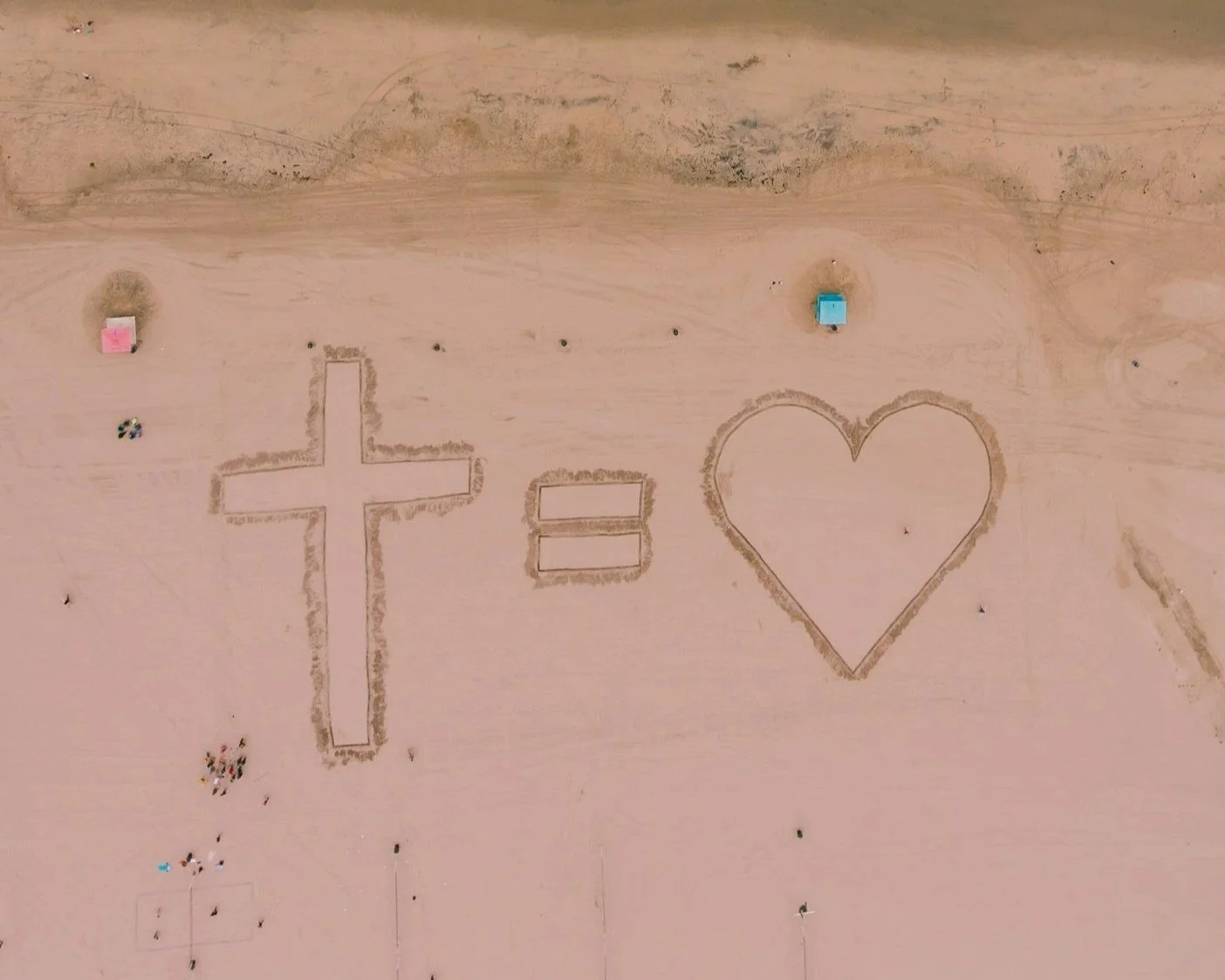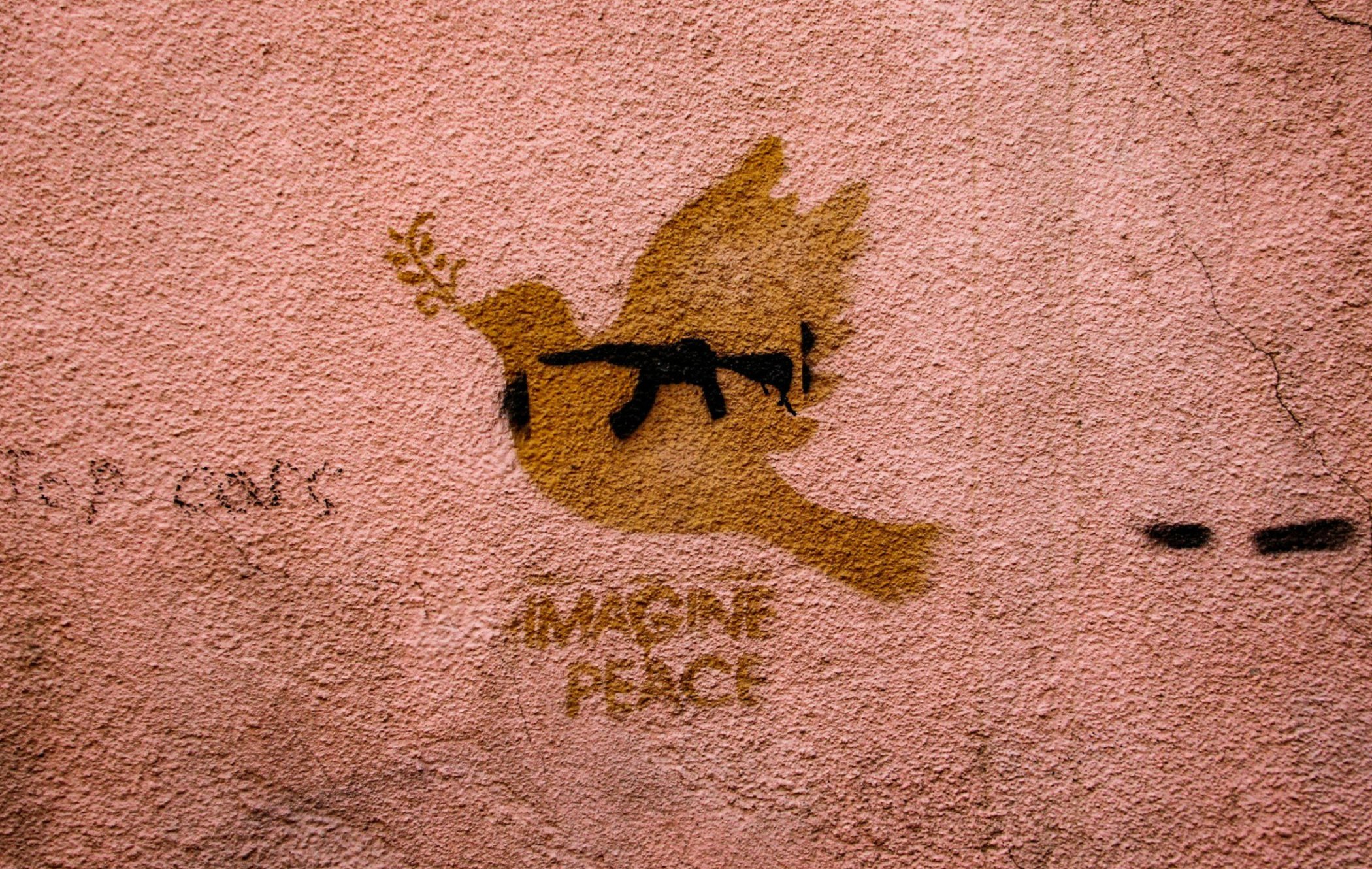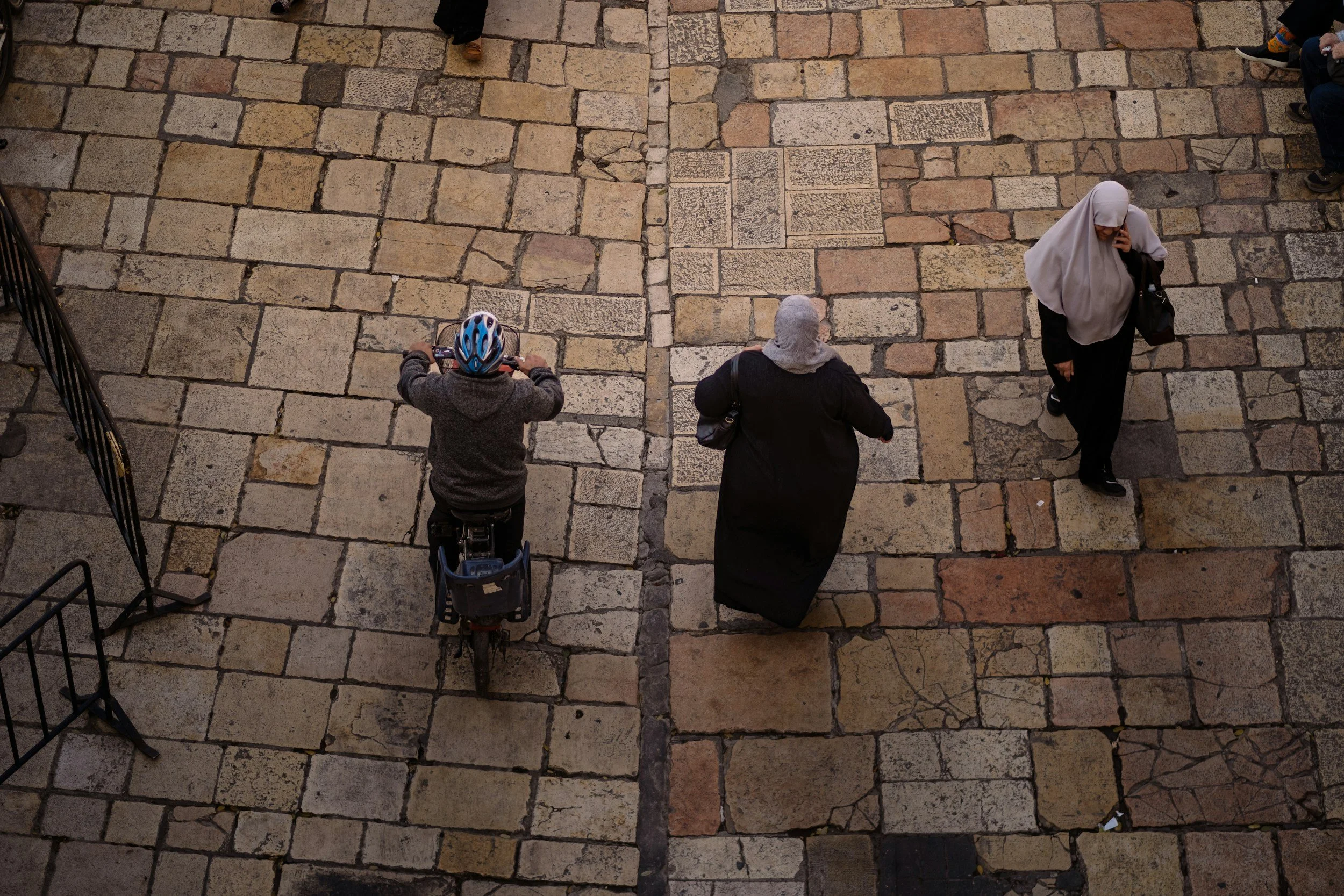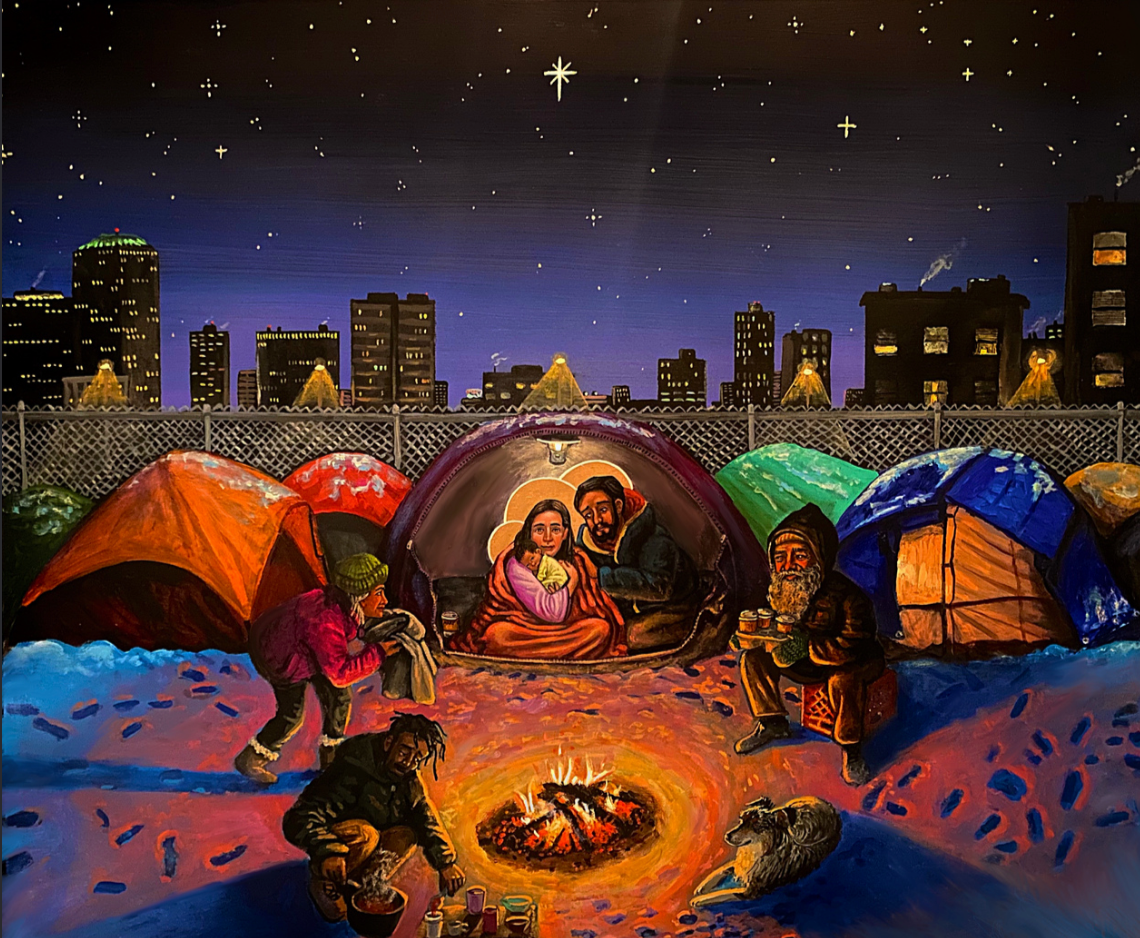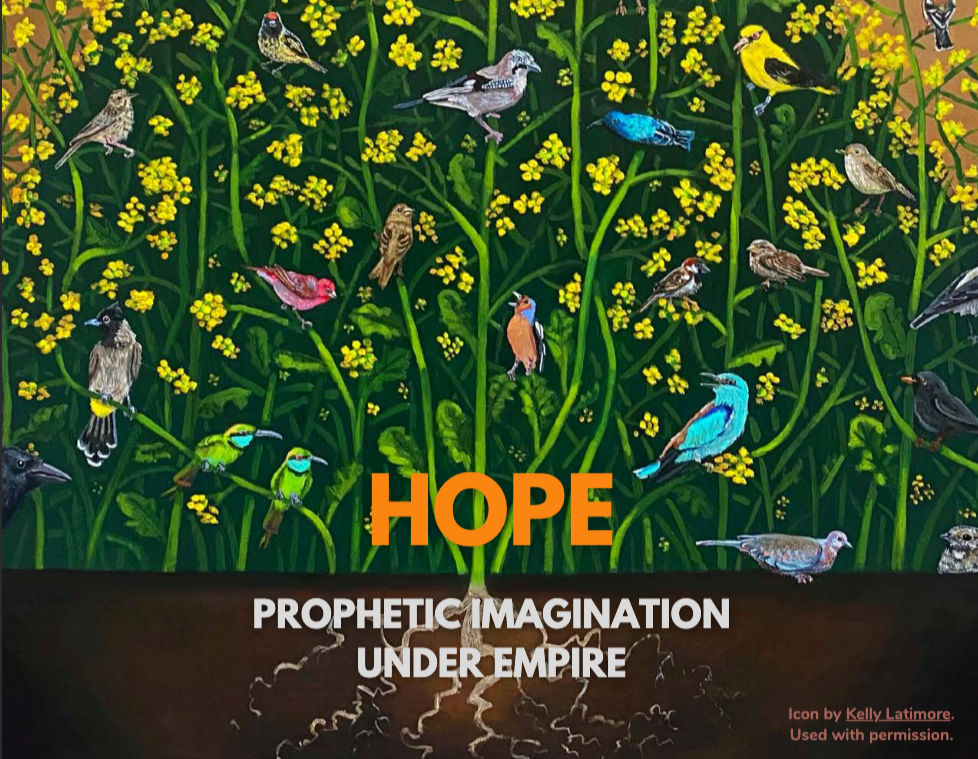Common God, Common Purpose - Part 1
by Dr. David L. Johnston
Syria’s Ba’athist regime has had a history of bloody crackdowns, especially at the hand of the current president’s father, Hafez al-Asad. Most infamously, he had 10,000 - 30,000 people massacred almost overnight in the city of Hama in 1982. No opposition could be tolerated by this secularist regime (likewise for Saddam Hussein, his Ba’athist neighbor), especially in the name of Islam. Thirty years later, several hundred people have been wantonly killed in the peaceful “Arab Spring” protests of the last few months.
Media reports keep emphasizing the brutality of the Syrian repression, despite the regime’s repeated promises of reforms. What is more, the Alawi ruling elite – a small minority considered heretical by mainstream Muslims – has carried out attacks against both the Sunni majority and the small Christian population. Recently in an address to the Religious Summit of the G8 in Bordeaux, France, the Syrian Orthodox Bishop of Aleppo, Mar Gregorios Yohanna Ibrahim, appealed to the worldwide church and the wider religious community to support a peaceful resolution to the Syrian conflict. In other words, “no regime change . . . no military interventions from the outside!”
The message was passed on to Arizona-based Evangelicals for Middle East Understanding by some of the top evangelical leaders in Syria as a message US churches should heed. I won’t comment on the fact that the bishop totally sidestepped any misdeeds committed by the Syrian regime. But in a later message sent out by EMEU, a professor at the Near East School of Theology in Beirut commented on this address, affirming some points, yet at the same time deploring the lack of a “prophetic voice.” I think that’s easier said from neighboring Lebanon. Speaking truth to power in Syria is a scary proposition . . .
But I do want to zero in on one aspect of Metropolitan Ibrahim’s address. It reflects a consensus of all the historical churches in the Middle East, from all the various shades of Orthodox churches, to the Catholics and evangelicals. (An aside: evangelicals owe their presence to US Presbyterians in the 19th century, who, among other projects, founded the American University of Beirut and the American University in Cairo!) My wife and I know this from our own six years in Egypt and the West Bank. The consensus is this: Muslims and Christians worship the same God.
These churches trace their origin to the Pentecost story in Acts 2. Look it up: Arabic was one of the languages supernaturally spoken! Over my sixteen years in Algeria, Egypt and Israel/Palestine I have memorized a good amount of scripture in Arabic – it’s a language I fell in love with early on! The name for God – long before the arrival of the Muslims – was Allah. And it still is. It’s from the same Semitic root el- (elohim, el-Shaddai, etc.) and it simply comes from the Arabic “the god,” as in “the God.”
Back to Metropolitan Ibrahim. After citing several verses, he urges his audience to work for peace in Jesus’ name. This will include three ingredients, he adds: understanding (make an effort to know “the other”); respect (a two-way street); and justice – which he explains thus:
“A just peace means affirming the dignity of the people in accordance with their civil, political and human rights laws that are set by the international community. It also means rejecting all forms of racism that treats any group as lesser or inferior. As Martin Luther King, Jr said: “It is not possible to be in favor of justice for some people and not be in favor of justice for all people.”
I’ll skim over some of his remarks on the present situation and get to his conclusion. Notice the powerful ethical implications of a common God:
“Therefore, peace means a lot for us, but has to be done in a just way. I hope that you will have the motive to stretch out your hands to the Syrian people, both Muslims and Christians, in conscious support, so that they may, in their unity, lift up this horrible crisis, and move to a situation of peaceful living. Finally, we are called to the one and common hope of humanity. I believe that if we are to state an ideal saying to our troubled world, we can say that the one God commands us to honor our creation of the universe and its humanity, and to re-design our common understanding of living together, and respecting the diversity in peace.”
Here we find a strong argument on the basis of a humanity created by the “one God,” though its premises are assumed, rather than made explicit.
In the next post, Dr. Johnston will further discuss this concept of a common God, and the implications it has for Christian-Muslim interaction.
PCI recognizes that blogs posted on the PCI website do not necessarily reflect the views of PCI, nor does it mean that the author is in full agreement with the views of PCI.

